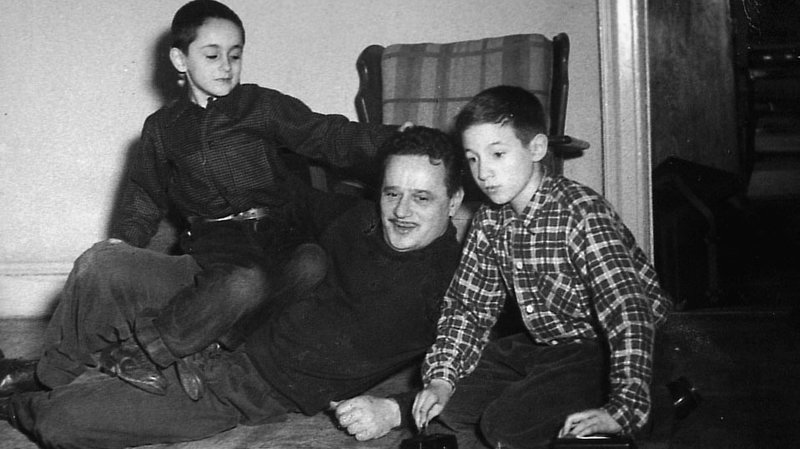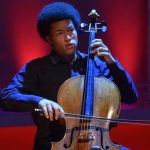Strange Fruit is a difficult and powerful and important song in equal measure.
There is a version on You Tube with pictures, but Nina’s voice gives a flavour of the bitter crop of images of the lynching of African Americans in the United States. I visited the excellent museum in Montgomery, Alabama earlier this year which marks this stain on the life of a powerful nation.
Abel Meeropol was behind the song. He was born in 1903 to Jewish Russian immigrant family in New York. He graduated in the early 1920s; he earning several degrees including an M.A. from Harvard. He taught English at DeWitt Clinton, where the gifted author James Baldwin was one of his students.
He wrote ” Bitter Fruit” as an anti-lynching poem. It morphed into “Strange Fruit” and he set it to music. It was offered to Billie Holiday, though initially unimpressed, she later fully ‘owned’ it. Indeed it became the closing song of her act. She would cut the lighting and really drove that strong lyric home. Many artists have sung it. Nina Simone delivers as well as anyone.
Meeropol wrote numerous poems and songs, including the libretto for an opera as well as a hit song for Frank Sinatra.
Abel was able, a committed compassionate American, who stood up and spoke out for his beliefs. One example of this was his sympathetic stance towards Julius and Ethel Rosenberg , who were executed as spys. Later, he and his wife Anne, who had lost two stillborn children adopted the Rosenbergs’ two sons. The boys took the surname Meeropol.
In 1939 New York Post’s , Samuel Grafton described “Strange Fruit”: “If the anger of the exploited ever mounts high enough in the South, it now has its Marseillaise.” It became an award-winning song, though long after Abel and Billie days were over.


